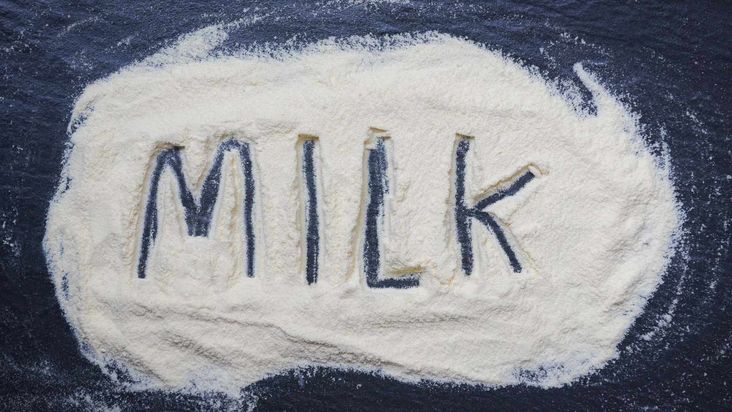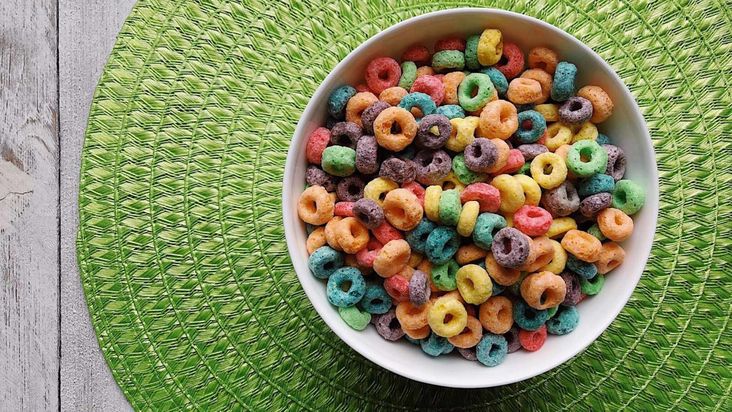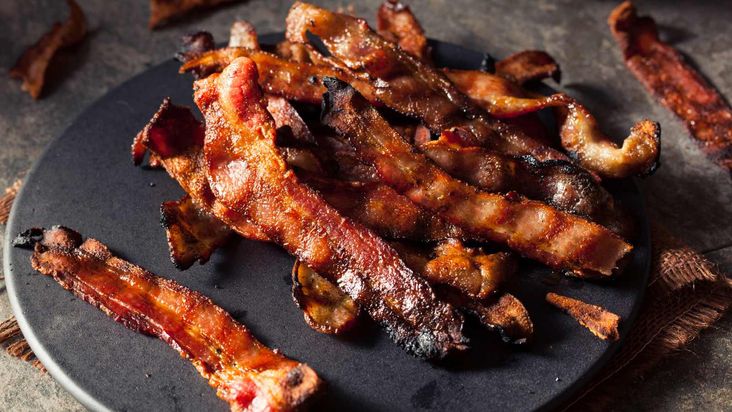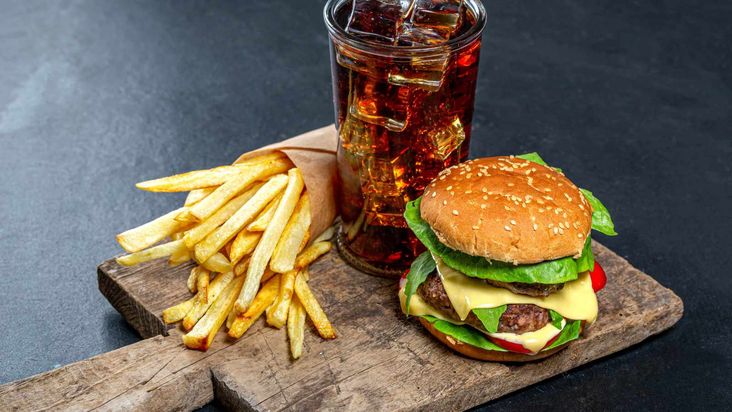17 Foods That Are Terrible for Your Skin
Achieving healthy and radiant skin involves more than a robust skincare routine; your diet significantly influences skin health. Foods can contribute to a clear and glowing complexion, and they can also have adverse effects. In this article, we will explore the 17 worst foods for your skin and why they should be avoided.
Cookies

Consuming sugary, high-carbohydrate cookies can negatively impact your skin. Excessive sugar can lead to glycation, damaging collagen and elastin, resulting in wrinkles and sagging. Also, the high glycemic index of cookies can lead to inflammation and acne breakouts.
Milk

Milk contains naturally occurring hormones, like estrogen and progesterone, which have the potential to disrupt your body’s hormonal balance, potentially contributing to acne breakouts. Milk can also cause a rapid rise in blood sugar levels, leading to increased inflammation and skin irritation.
Fried Chicken

Consuming fried chicken can negatively affect the skin due to its high unhealthy fat content. These fats can contribute to inflammation and damage to the skin cells, potentially leading to various skin issues. The sodium in fried chicken can cause water retention, resulting in a puffy and swollen appearance.
Cheese

Cheese contains hormones and can also be high in saturated fat. Both of these components can lead to increased inflammation in the body, manifesting as acne on the skin. Cheese worsens symptoms for people with eczema or psoriasis.
White Bread

White bread can trigger an inflammatory response in the body and stimulate excessive oil production in the skin. This increase in oil production can contribute to the clogging of pores, leading to severe acne breakouts. White bread also has a high glycemic index, which can lead to increased production of insulin and androgens, further aggravating acne.
Sugary Cereals

Sugary cereals can cause glycation and damage to collagen and elastin, leading to premature signs of aging. Many sugary cereals also contain high levels of artificial colors and preservatives that can cause skin irritation and inflammation.
Excessive Coffee

Moderate coffee consumption is generally safe and can even have certain health benefits. However, excessive caffeine intake can dehydrate the body, potentially leading to dry and dull skin. Stay adequately hydrated and balance your coffee intake with other hydrating beverages to maintain optimal skin health.
Alcohol

Excessive alcohol consumption can dehydrate you, resulting in a loss of moisture and potential irritation. The skin’s natural barrier may become compromised, making it more prone to dryness and inflammation. Alcohol can also lead to an increase in facial redness and flushing.
Soda

Soda contains high levels of sugar, which can contribute to glycation and damage to collagen and elastin. The high fructose corn syrup commonly used in sodas has been linked to skin aging due to its role in inflammation and oxidative stress.
Energy Drinks

Energy drinks are often loaded with sugar, caffeine, and other stimulants. These ingredients can disrupt the body’s hormonal balance, leading to potential skin issues like acne flare-ups or increased oil production. The high levels of sugar and caffeine can also cause dehydration, leading to dry skin.
Margarine

Margarine contains unhealthy trans fats that can increase inflammation in the body. This inflammation can manifest as redness, acne breakouts, or other skin issues. Swap margarine for healthier options like olive oil or avocado.
Shrimp

Shrimp is high in iodine, which has been linked to acne breakouts in people sensitive to this mineral. It is also a common allergen that can trigger eczema or psoriasis flare-ups in people with existing conditions. Consume shrimp in moderation and monitor potential allergies for healthy skin.
Bacon

Bacon is high in unhealthy fats and sodium, two components that can contribute to skin inflammation. The high salt content may also lead to water retention, resulting in bloating and puffiness on the face. Opt for leaner and less processed protein sources like chicken, fish, or tofu.
Fast Food

Fast food is typically high in unhealthy fats, sugars, and sodium. These ingredients can contribute to inflammation and damage to the skin cells. Regularly consuming fast food can also lead to vitamin deficiencies that can impact overall skin health and appearance.
Soy Products

While soy is often regarded as a valuable protein source, it contains compounds called phytoestrogens. These compounds have the potential to mimic estrogen in the body, which may contribute to hormonal imbalances and skin issues in some individuals.
Spicy Foods

Consuming spicy foods can increase blood flow to the skin, potentially resulting in redness and irritation. If you observe a consistent association between the consumption of spicy foods and skin issues, reduce your intake.
Canned Soups

Canned soups can be high in sodium, which can cause water retention and bloating. The excess salt in these soups can also lead to dehydration, resulting in dry and dull skin. Opt for homemade or low-sodium options to avoid potential skin issues.